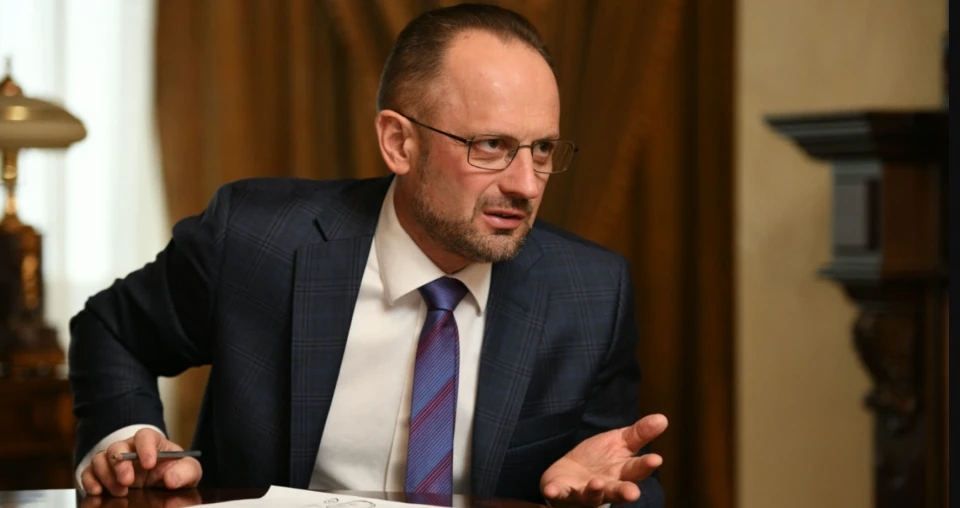
'Beyond public eye': diplomat hints at hidden aspects of Kursk operation
Ukrainian politician and diplomat Roman Bezsmertnyi says that the territory of the Kursk region is one of the zones where the Soviet Union deployed missile and air defense facilities
He said this in an interview with Antin Borkovskyi, host of the Studio West program on Espreso TV.
“Firstly, all matters related to the tasks of the Kursk operation that are currently being addressed include the creation of a prisoner of war exchange fund, the exchange of territories, and the exchange of nuclear energy facilities. At the same time, the fact that the Kursk region is one of the areas where the relevant missile and air defense facilities of the former Soviet Union are located remains unaddressed,” Roman Bezsmertnyi noted.
According to him, the minimal data currently available—such as the discovery of underground bunkers—is only the beginning of uncovering a larger truth. Over time, more information will be made public, and people will become aware of it.
“I think that people from Ivano-Frankivsk and Ternopil, in particular, may still find wells in the forests whose depths cannot be determined. These are former facilities of the Soviet Union. Currently, we have a situation where entire complexes of this nature exist in the Belgorod, Kursk, Voronezh, and Bryansk regions. It is clear that the situation will continue to develop, and the whining of the Moscow Fuhrer, along with his evasion of key problems by discussing economic and budgetary issues, is evidence that he has been personally affected, as has the entire system, which once claimed to be the ‘second army of the world,’” the politician commented.
Bezsmertnyi added that the reflection on both Chechen units and Russian officers is unusual given 11 years of war, not to mention the statements from the Russian General Staff's press service.
“In other words, something is happening behind the scenes, beyond what is being officially stated. Secondly, notice the positive mood of the Ukrainian military and political leadership, even in matters related to achieving maximum authorization and lifting restrictions on the use of American, British, and French weapons—something we had not observed before. In fact, it should also be noted that unexpected arguments have surfaced in Washington, London, Paris, Berlin, and Brussels. The meeting of NATO ambassadors on August 28 and the rapid response indicating that the Alliance will increase aid is obviously a reaction to information whose nature I cannot fully determine, but it suggests that something significant is happening that cannot yet be made public,” the diplomat concluded.
- The Supreme Allied Commander Europe, General Christopher Cavoli, said that Russia's response to the Ukrainian Armed Forces' operation in the Kursk region was “slow and scattered.”
- Also on August 31, NATO Secretary General Jens Stoltenberg reacted to Ukraine's offensive in Russia for the first time and said that the Ukrainian Armed Forces' operation in the Kursk region falls within Kyiv's right to self-defense.
- News












































